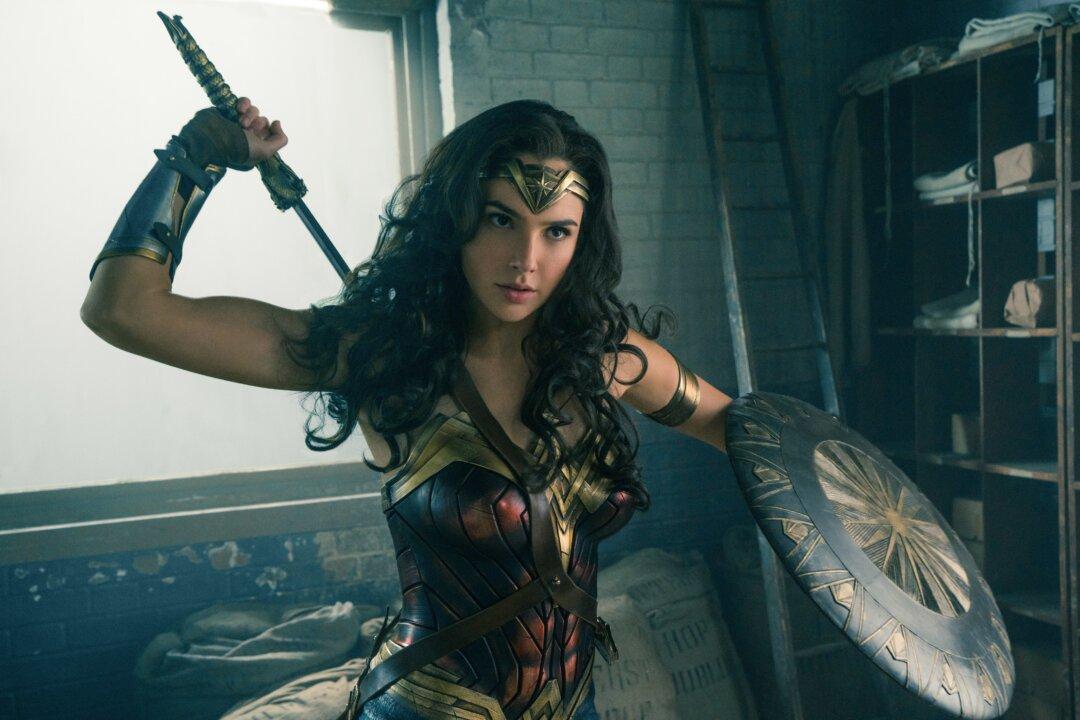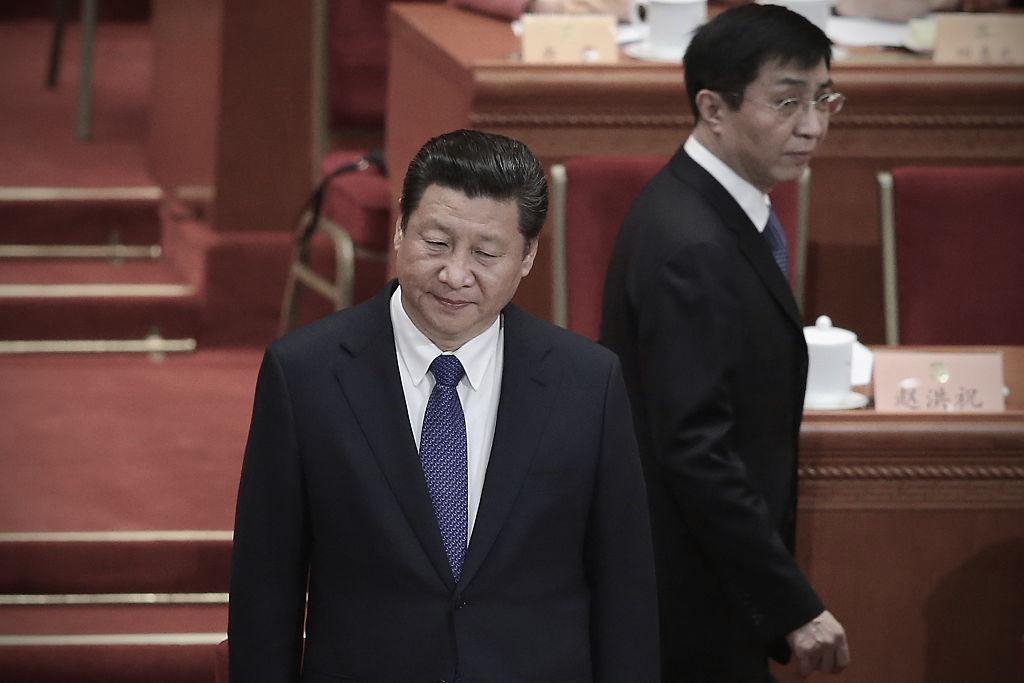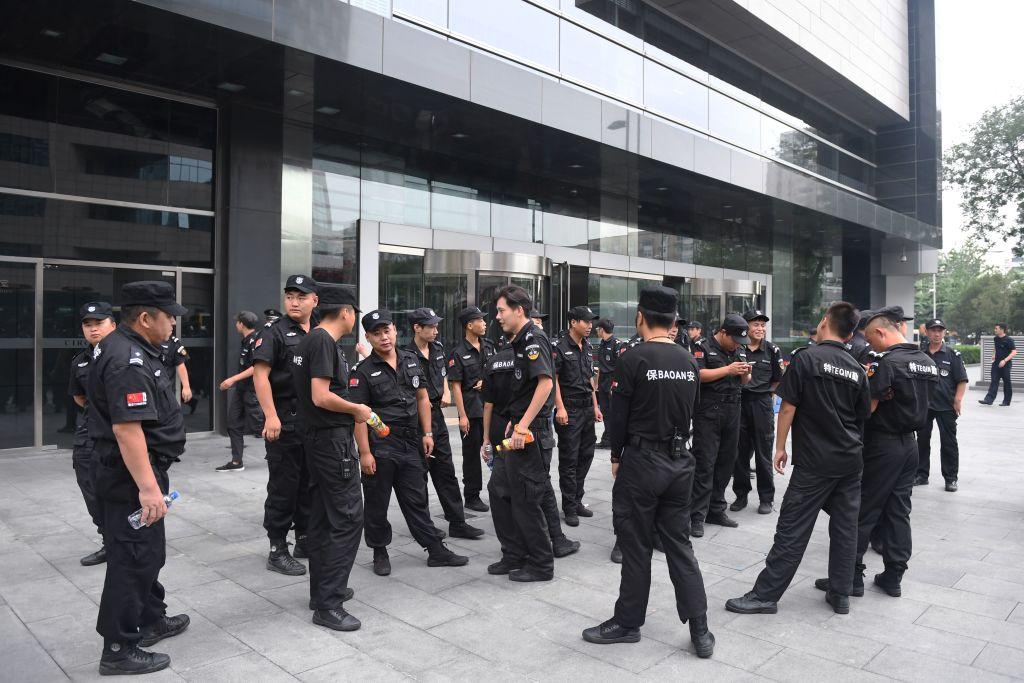Patty Jenkins’s “Wonder Woman” does not disappoint. Sweeping the weekend box office with a global opening of $223 million, and boasting the biggest-ever opening for a film directed by a woman, it’s already made film history.
I agree with all the buzz: It is everything you want a Hollywood action and superhero movie to be. And it’s even more.
Perhaps its plot is a bit old-fashioned, as it borrows from the ancient Greeks: When men were first created by gods, they were good and fair and lived together happily. But Ares, son of Zeus, became jealous and sought to corrupt humankind. The gods then created the Amazons to protect humanity from corruption by Ares. Defeated in a deadly battle with other gods, Ares laid in wait for his chance to destroy humankind again. It became the Amazons’ mission to prevent this from happening.




